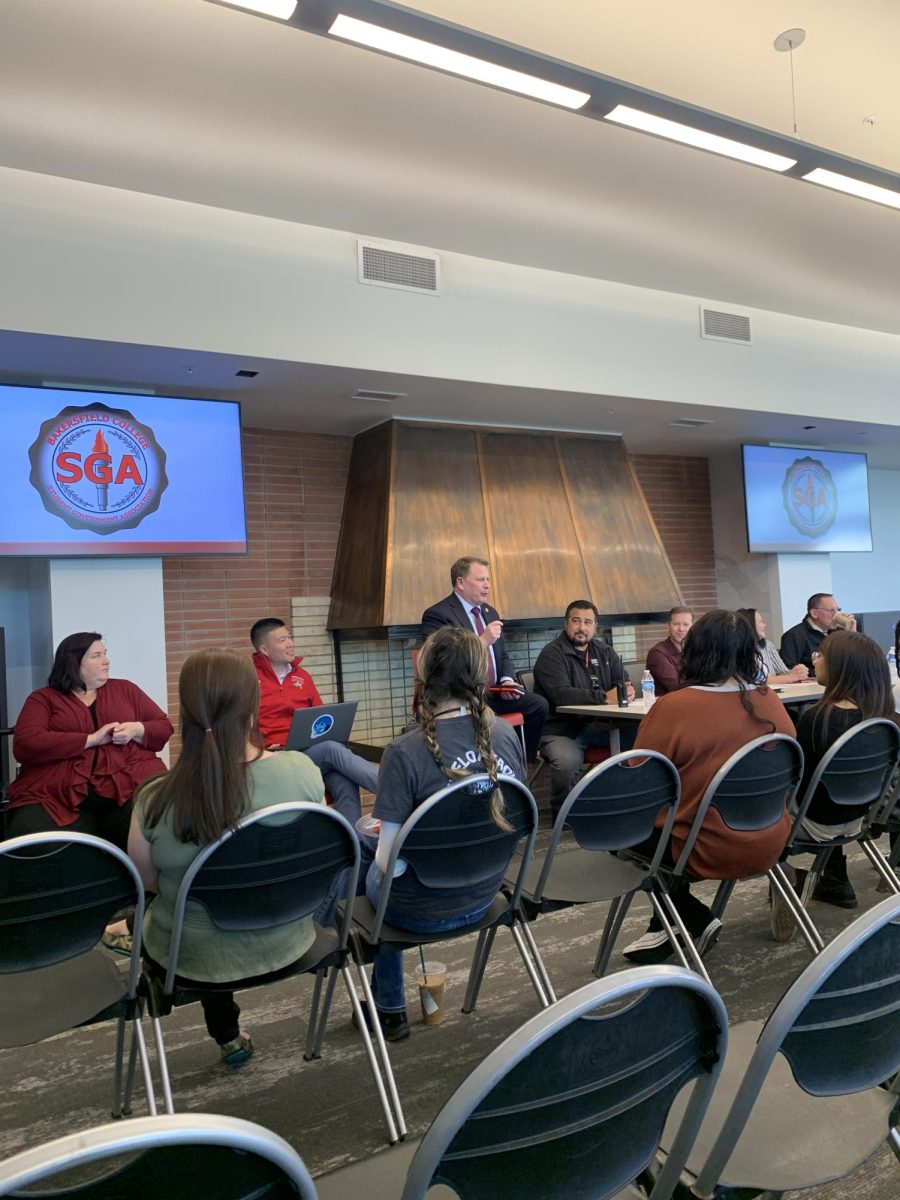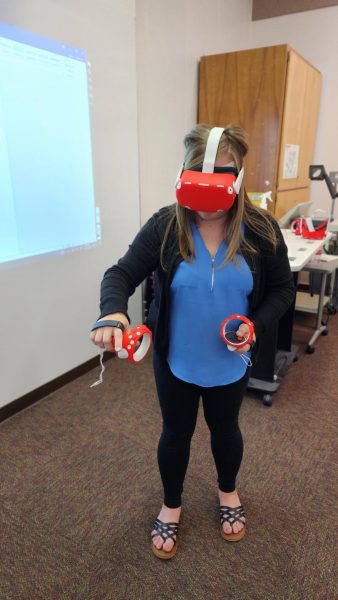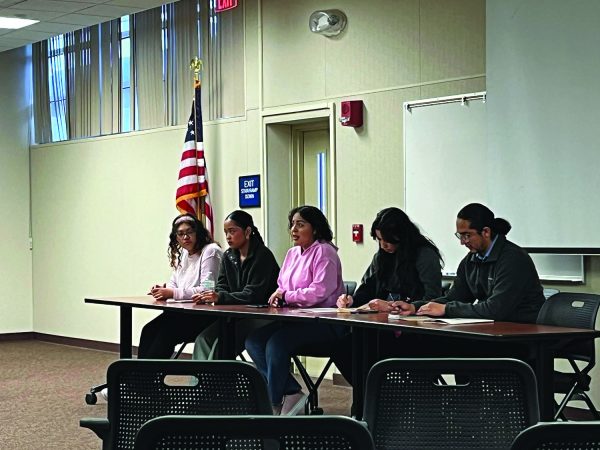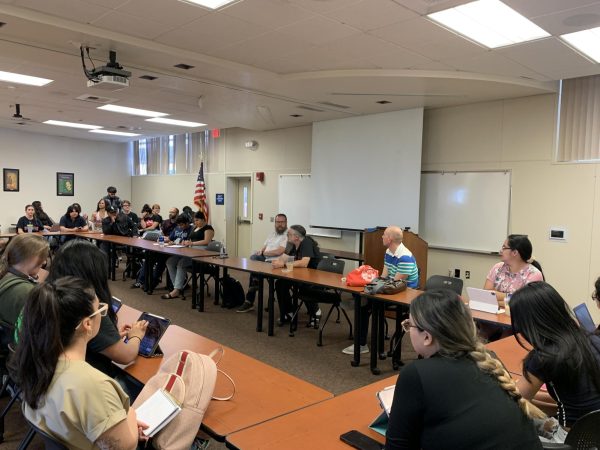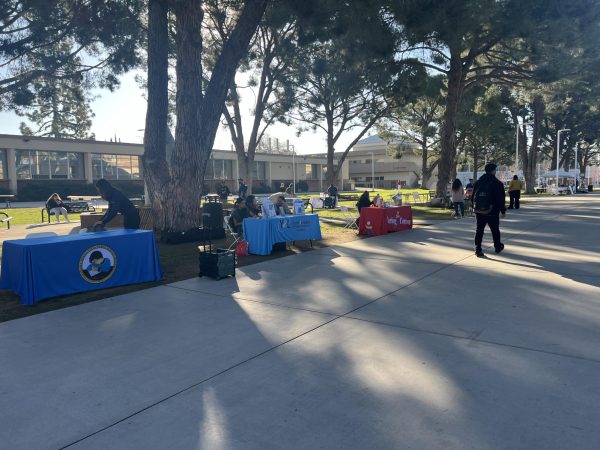Biochemist Samuel Sternberg discusses CRISPR use
November 1, 2019
Biochemist Samuel Sternberg visited Bakersfield College where he held mass lectures in both the Levan Center and the Forum building on Oct. 24. Sternberg spoke about his book “A Crack in Creation: The New Power to Control Evolution” which focuses on gene editing.
Sternberg received his doctorate’s degree in chemistry from the University of California Berkeley in 2014 and currently is the head of a research lab at Columbia University, where he is an assistant professor in the Department of Biochemistry and Molecular Biophysics.
The biological advancement CRISPR, the acronym for clustered regularly interspaced short palindromic repeats, has widely taken over the world of biology in the past decade. CRISPR can be defined as “a segment of DNA containing short repetitions of base sequences, involved in the defense mechanisms of prokaryotic organisms to viruses,” according to the Oxford dictionary.
“One of the most controversial topics right now in biotechnology [and] bioethics is should we use these kinds of tools in human embryos,” Sternberg said. “What are the boundaries for where we should be using technology and where we shouldn’t. And could this tool give us the caliber to make these decisions about the genetics that the next generation might have.”
CRISPR could have the ability to look at an embryo’s DNA sequence and eliminate the part of the sequence that could be positive for diseases such as HIV, cystic fibrosis, cancer, and more.
“They take gene edited cells and they can put them in a mouse model. Then they can look for cancer mastitis, sequence what genes were edited, and get a complete genome-wide landscape on all the different molecular players in tumor mastitis,” Sternberg said.
With all new biotechnology, the privilege has not passed to begin actually using CRISPR in humans or embryos yet. A Chinese scientist, He Jiankui, used CRISPR technology on a set of embryos to completely rid their DNA sequence of HIV. He performed this experimental task that costed him his career, title, and reputation. Jiankui has now been condemned by many, but he has also answered the question regarding whether or not this tool can work in human genomes.
“Again, we are in the early days. I don’t think that tomorrow, or next year, or even in a couple years, we are going to have cured genetic diseases. But I think we are at the beginning of a new era with thinking about treating these kinds of conditions in a fundamentally different way, by going into the genome and repairing the mutation at the source,” Sternberg said.


